テクノロジー
Web3が進化を続ける中、オラクル、レイヤー2ソリューション、マルチシグネチャ・ウォレット、インスクリプション、アカウント・アブストラクションなど、さまざまな新技術がこの分野に登場しています。これらの新技術を理解し、使いこなすことで、参加者は業界のトレンドをよりうまく活用し、富のチャンスを発見することができます。
記事 (339)
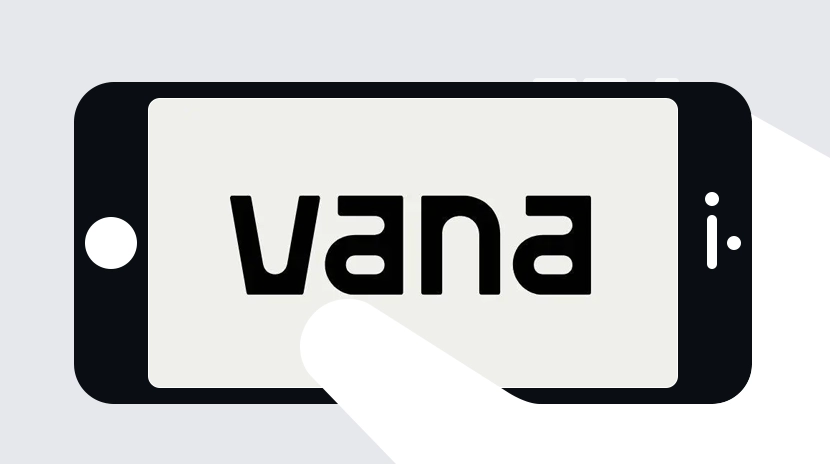
中級
VanaのAIをより良く構築するために、CZがなぜバリッシュなのかについての分析
AIデータ不足の時代において、Vanaはどのようにしてブロックチェーンを活用してテックジャイアントの独占を打破しているのでしょうか?この記事では、DataDAOメカニズムがユーザーにデータ主権の制御、モデル利益分配の獲得、民主化されたAIエコシステムの育成をどのように支援しているかについて詳しく掘り下げています。Teslaの運転データから遺伝子プライバシーの戦いまで、次世代データインフラへの投資をなぜCZやトップVCが行っているのかを明らかにします。
2025-04-01 00:51:29

中級
Web3はエンターテイメントを次のレベルに引き上げることができるのか?
Web3テクノロジーはファンを積極的な参加者に変え、新たな価値の機会を創出します。しかし、技術的な障壁や市場の変動が大規模な導入を阻害しています。実践的なアプローチが必要です。
2025-03-31 02:49:50
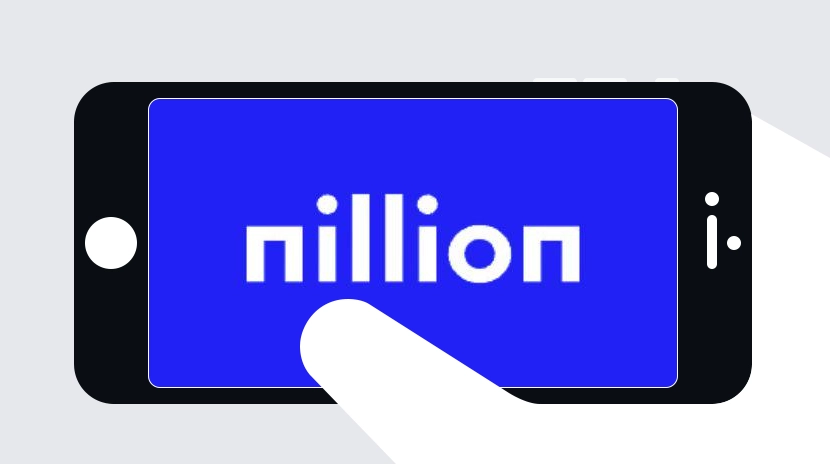
中級
プライバシーに隠されたもの:Nillionがトークンを発行する前の考察
この記事では、ProtonなどのWeb2プライバシープロダクトと、Nillion、SkiffなどのWeb3プライバシープロジェクトを比較し、それらの強みや限界を製品化への道筋で分析しています。 Protonは垂直統合とオープンソースの監査を通じて成功したプライバシープロダクト開発を実証しており、一方で多くのWeb3プライバシーイニシアティブはプロダクトマーケット適合性(PMF)に苦しんでおり、トークン駆動型の物語に大きく依存しています。
2025-03-31 02:26:23
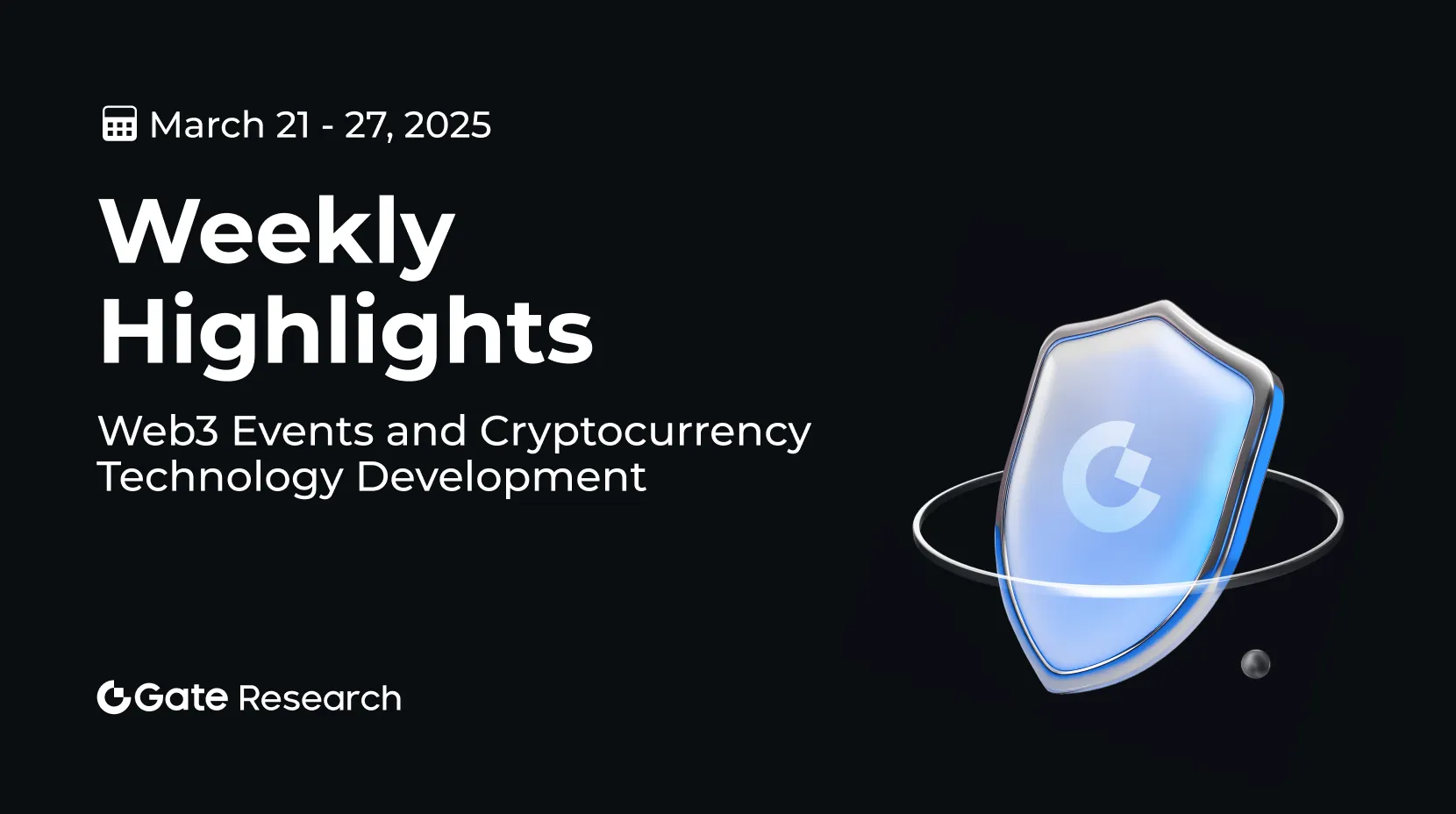
上級
Gate Research: Web3 Events and 暗号資産 Technology Developments (March 21 - 27, 2025)
Gate Research(2025年3月21日〜27日):3月21日、Pump.funはネイティブDEX PumpSwapを立ち上げました。3月24日、PlumeトークンがSolana上でローンアセットのクロスチェーン流動性を促進しました。3月25日、Nillion Alphaメインネットが稼働し、Web3プライバシーコンピューティングインフラを進化させました。3月26日、Gate.comウォレットは公式にBerachainのサポートを追加し、セキュリティと流動性を向上させました。分散型ソーシャルペイメントプロトコルCeloは、Ethereum Layer 2への移行を完了しました。
2025-03-27 08:16:29
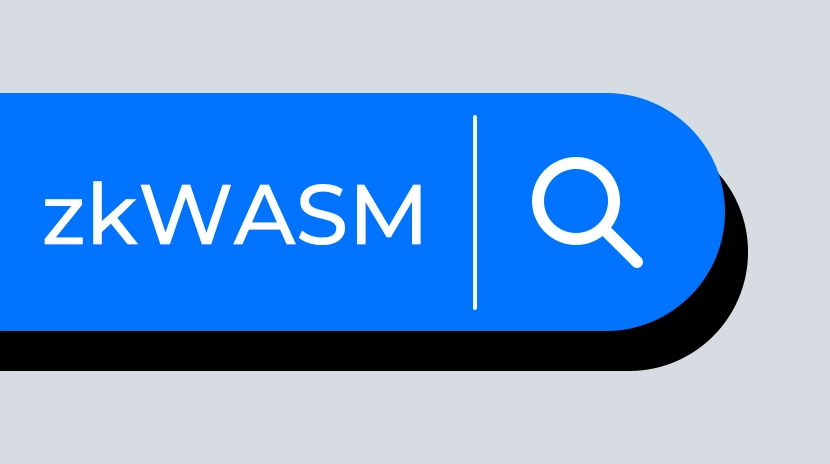
初級編
zkWASMとは何ですか?
この記事では、Zero-Knowledge Proofs(ZK)とWebAssembly(WASM)を組み合わせた革新的なソリューションであるzkWASM技術について掘り下げています。これにより、Web2開発者がなじみのあるプログラミング言語を使用して分散型アプリケーションを構築することが可能となり、Web3開発へのスムーズな移行を支援します。zkWASMは、計算をオフチェーンで処理しながら証明をチェーン上に保存することで、開発の障壁を下げつつ、プライバシー保護とスケーラビリティを提供します。さまざまなドメインで大きな可能性を示しており、DeFiを含む複数の分野で課題に直面していますが、Web3開発を推進する主要な技術となる可能性があります。
2025-03-26 06:07:43

中級
アプリコインテーゼ:アプリケーションはゼロに向かっていますが、良い方法で…
Y Combinatorの起業家によるデータと事例を引用したこの記事は、AIによって生成されたコードの普及とVibe Codingの台頭を明らかにしています。また、AIプログラミングがアプリ開発のコスト、競争の激化、将来の仕事需要に与える影響を分析しています。この記事では、AIプログラミングの普及により、勝者や敗者が誰になるかについても議論しています。
2025-03-26 04:56:06
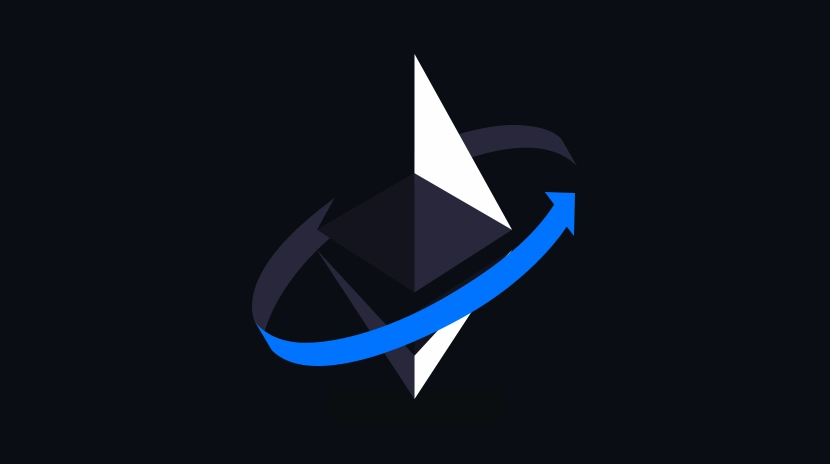
中級
Pectraアップグレードとは何ですか?イーサリアムの将来のロードマップの内部に
イーサリアムのロードマップにおける重要なステップとしてのPectraアップグレードは、アカウントの抽象化、Verkle Trees、PeerDASなどの技術革新を通じてネットワークのスケーラビリティ、効率性、ユーザーエクスペリエンスを向上させることを目的としています。この記事では、Pectraの主な機能、実装計画、ユーザーへの具体的な影響について詳細な分析を提供しています。また、クライアントの多様性、中心化のリスク、初期のテストネットの問題など、アップグレードプロセス中に発生する可能性のあるリスクや課題についても議論しています。
2025-03-21 03:22:04
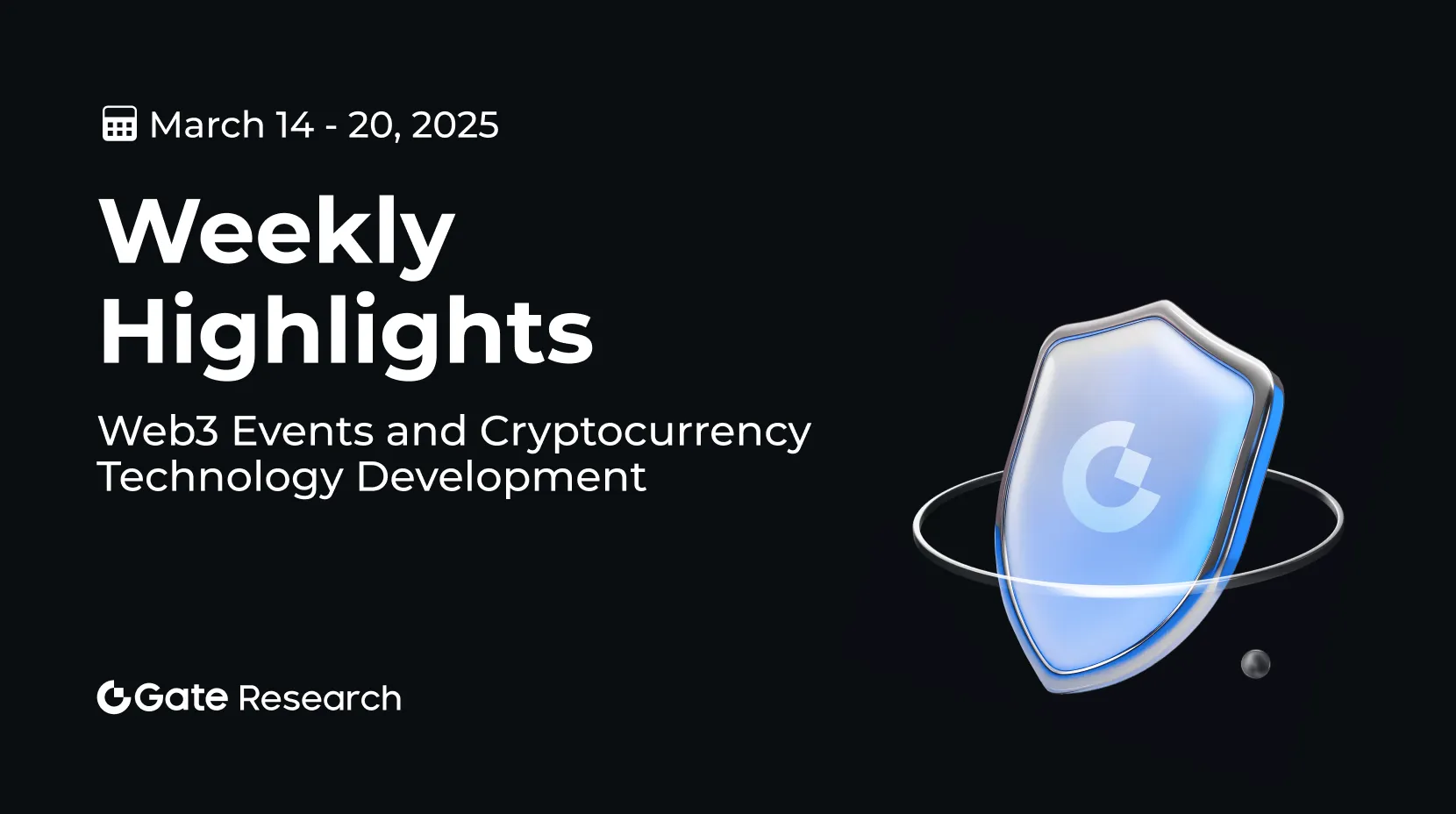
上級
Gate Research: Web3 Events and Cryptocurrency Technology Developments (March 14 - 20, 2025)
Gate Research(2025年3月14日-20日):3月14日、AaveはHorizonプログラムを導入し、機関レベルの実世界資産DeFi市場をターゲットにしました。同日、Solanaの提案SIMD-0228は否決され、インフレ調整の計画が停滞しました。3月18日、CMEはSolana先物を上場し、取引高は約38,000 SOLに達しました。3月19日、Raydiumはトークン発行プラットフォームLaunchLabを立ち上げる計画を発表しました。3月20日、Ethereum FoundationはPectraアップグレードをHoodiテストネットで3月26日にアクティブ化する予定です。
2025-03-20 10:28:55
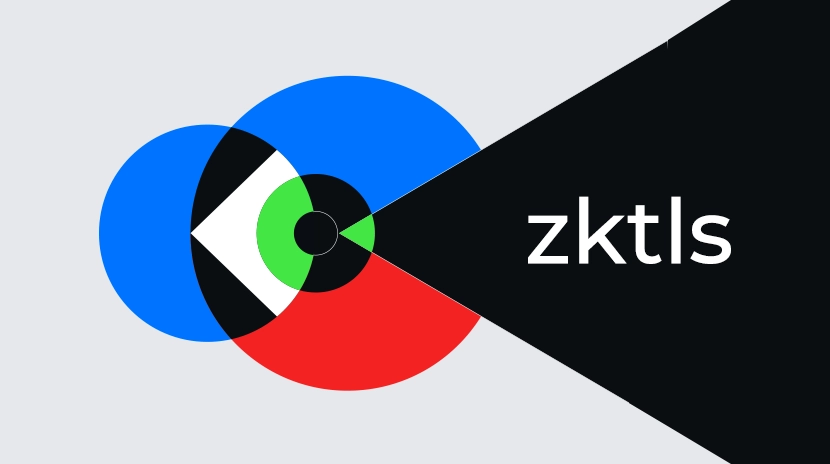
上級
zkTLS:暗号資産消費者アプリのロック解除
zkTLS、またはTLSオラクルまたはWebプルーフとしても知られるものは、Web2の閉鎖的な環境からプライベートデータを抽出することを可能にします。ユーザーは、法的身元、財務記録、教育、行動パターンなどのさまざまな種類のデータを証明することができますが、完全なプライバシーを保持します。
2025-03-20 05:33:15
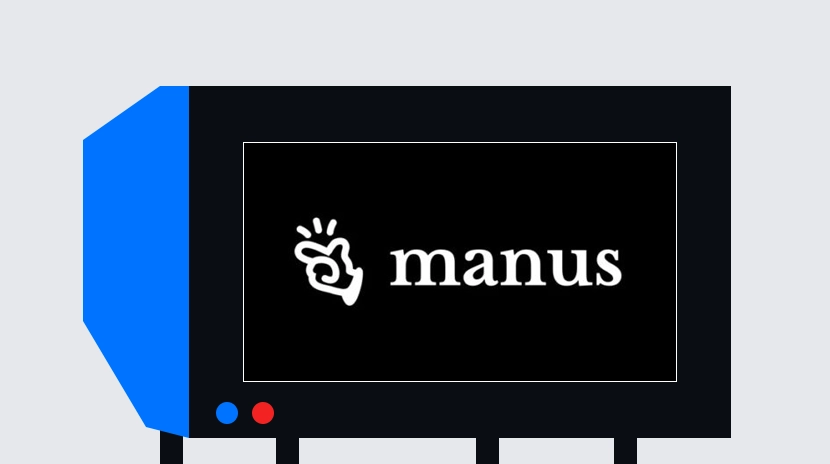
中級
フルレビュー:マヌスはどのようにして生まれたのか?
この記事では、Manus.imの誕生背景、製品コンセプト、およびAI分野での革新的な取り組みについて、詳細な分析を提供しています。
2025-03-17 07:40:21
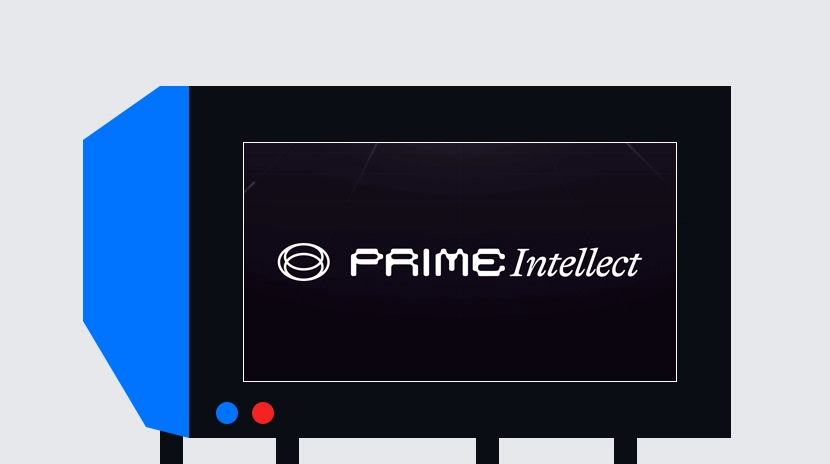
中級
OpenAI創設メンバーが投資!分散型AIの突破口に迫る素早いダイブ—PRIME Intellect
Prime Intellectは、分散されたグローバルソースからのコンピューティングパワーを集約するために設計された分散型ピアツーピアプロトコルです。AI産業のコンピューティングリソースのボトルネックに取り組むことで、協力的なAIモデル開発を可能にします。この記事では、Prime Intellectのチームのバックグラウンド、資金調達、およびコンピューティングマーケットプレイス、分散型トレーニングフレームワーク(IntelME)、合成データ生成フレームワーク(GENE)などのコア技術について探っています。
2025-03-14 05:02:31
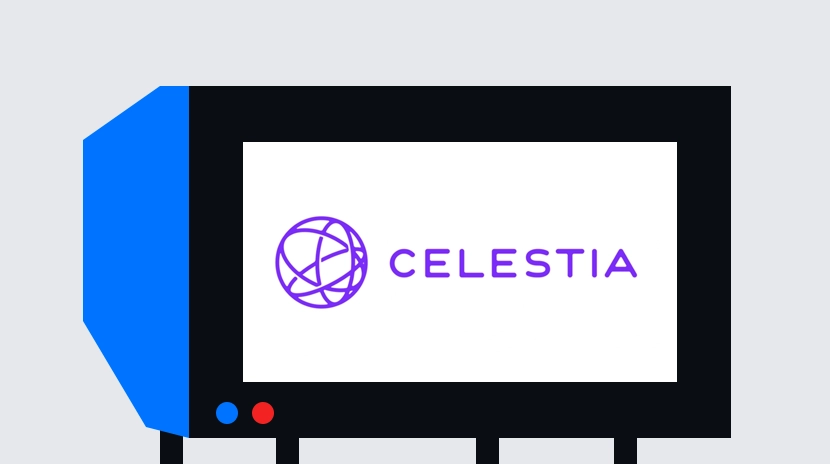
中級
DAの真の価値:セレスティアの収益ポテンシャル
この記事では、Celestiaの収益潜在力について詳しく掘り下げます。私は、タイムラインで流布している一般的な神話や物語を、私が欠陥があると考えるか、少なくとも実質的でないと考えるかを論破します。
2025-03-14 02:52:09
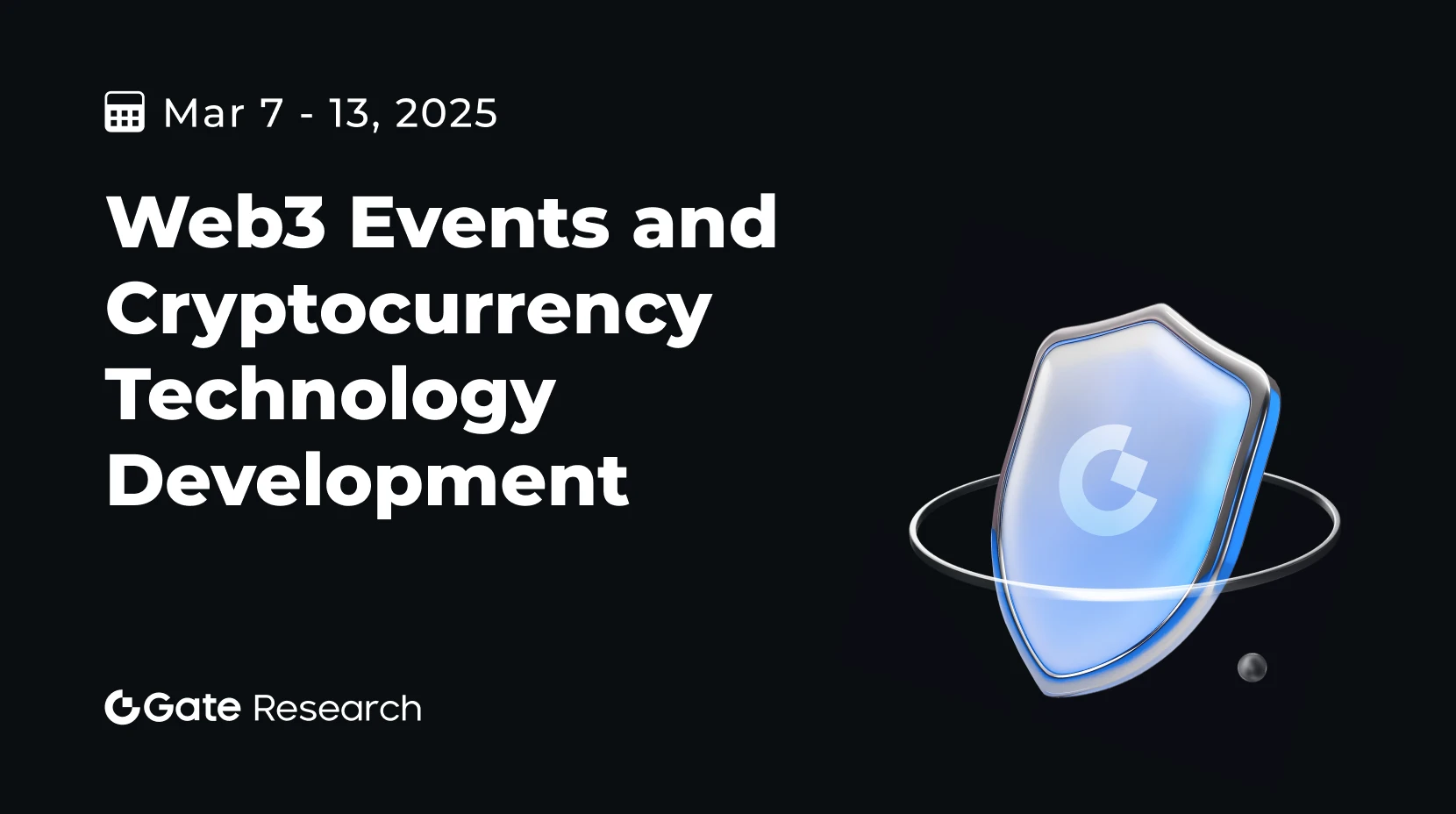
上級
Gate 研究所:Web3 イベントと暗号化技術開発のフォローアップ(2025.3.7-2025.3.13)
Gate Institute (2025.3.7-2025.3.13), 3月7日、Safe{Wallet}はGoogle Cloud傘下のサイバーセキュリティ企業Mandiantと協力して、Bybitセキュリティインシデントを調査し、北朝鮮のハッカーTraderTraitorとの関連を確認しました。3月11日、Movement Foundationは、REX-Osprey™がMOVE ETFの申請を提出したことを発表しました。3月12日、SolanaのSIMD-228アップグレード提案が承認されました。3月13日、米国証券取引委員会(SEC)の申告書におけるブロックチェーン関連の用語が2月に歴史的な高値に達しました。Virtuals Protocolは、マルチエージェントフレームワークACPのローンチを発表しました。
2025-03-13 10:45:44

初級編
DePIN革命下のクラウドゲーミングが新興市場における暗号資産ゲームの採用を支援する方法
Shagaは、エッジコンピューティングと分散型クラウドゲームネットワークを活用し、アイドルコンピューティングリソースを統合することで、新興市場のプレイヤーに低コストで高品質なゲーム体験を提供しています。この革新は、ゲームの配信、体験、収益化のモデルを変革しています。
2025-03-13 05:38:48
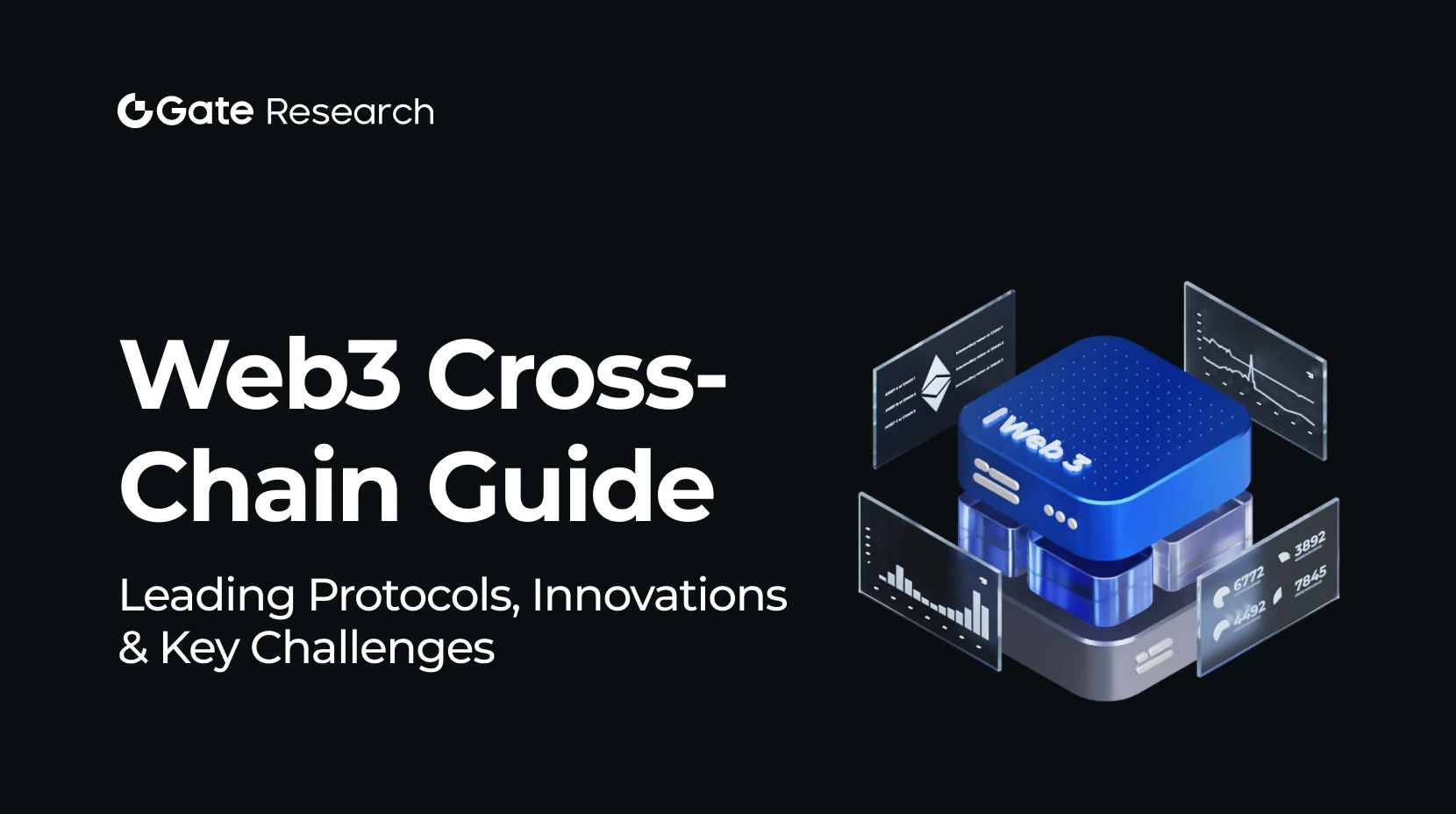
上級
Gate Research: Web3クロスチェーンサービスの包括的な調査-主要プロトコル、イノベーション、課題
クロスチェーン技術は、さまざまなブロックチェーンネットワーク間の相互運用性を実現するために重要な役割を果たし、Web3の進化に不可欠です。よく知られているクロスチェーンブリッジに留まらず、この記事では、業界で主要なクロスチェーンソリューションに詳しく取り組んでいます。LayerZero、Wormhole、Axelarなどの主要な相互運用プロトコルや、チェーンの抽象化、インテントベースのシステム、チェーンアグリゲーション(Agglayer)などの新興トレンドを探求しています。この分析では、これらのソリューションの基本原則、ユースケース、市場への影響に焦点を当てています。技術的観点からクロスチェーン技術を検討することで、ブロックチェーンエコシステムの相互運用性や資産の流動性を向上させる潜在能力を強調し、業界のプロフェッショナルにとって貴重な洞察と将来を見据えた展望を提供しています。
2025-03-13 04:41:48
暗号資産の世界へのGateウェイ、Gateに購読して新たな視点を手に入れましよう
